In the past, a Programmable Logic Controller (PLC) couldn’t manage the control of an entire plant. Plants were just too much ground to cover. That’s where the Distributed Control System (DCS) came in.
Unlike the PLC, the DCS doesn’t regulate individual processes. Instead, it oversees and coordinates all the controllers spread throughout a plant. This ability to manage operations across the entire plant has become increasingly important for manufacturers aiming to boost efficiency from their existing production assets.
It’s important to understand what a DCS is, how it’s used, and why it matters.
Nowadays, distributed control system has been found in many industrial fields such as chemical plants, oil and gas industries, food processing units, nuclear power plants, water management systems, automobile industries, etc.
FOXBORO DCS Card:
FCP280 RH924YA Field Control Processor
FBM230 P0926GU I/A Series PLC Module Modbus Master
What is DCS System?
A distributed control system (DCS) is a specially designed automated control system that consists of geographically distributed control elements over the plant or control area.
It differs from the centralized control system wherein a single controller at central location handles the control function, but in DCS each process element or machine or group of machines is controlled by a dedicated controller. DCS consists of a large number of local controllers in various sections of plant control area and are connected via a high speed communication network.
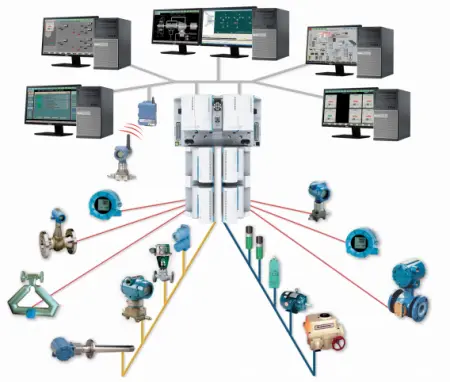
In DCS control system, data acquisition and control functions are carried through a number of DCS controllers which are microprocessor based units distributed functionally and geographically over the plant and are situated near area where control or data gathering functions being performed as shown in the figure above. These controllers able to communicate among themselves and also with other controllers like supervisory terminals, operator terminals, historians, etc.
Distributed individual automatic controllers are connected to field devices such as sensors and actuators. These controllers ensure the sharing of gathered data to other hierarchal controllers via different field buses. Different field buses or standard communication protocols are used for establishing the communication between the controllers. Some of these include Profibus, HART, arc net, Modbus, etc.
DCS is most suited for large-scale processing or manufacturing plants wherein a large number of continuous control loops are to be monitored and controlled. The main advantage of dividing control tasks for distributed controllers is that if any part of DCS fails, the plant can continue to operate irrespective of failed section.
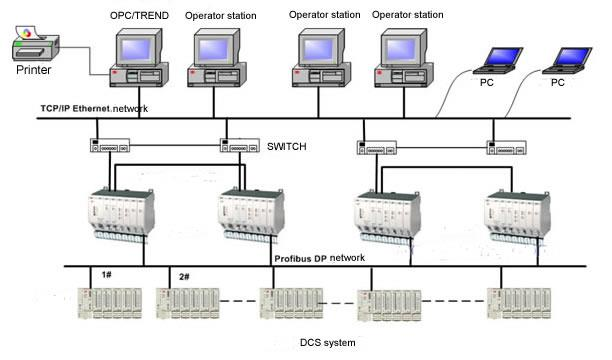
Process Control Unit of DCS
It is also called as a local control unit, distribution controller, or process station. A distributed control system can consists of one or more process stations that can be extended with different types of I/O units. These controllers consist of a powerful CPU module, field bus or communication module with extended field bus capability and either direct or remote connected I/Os.
The field devices like sensors and actuators are connected to I/O modules of this unit. Some field devices can be directly connected to field bus (such as Profibus) without any I/O module, which can be termed as smart field devices.
These units acquire the information from various sensors via input module, analyze and process it based on the control logic implemented and sends the output signals via output modules to have control on actuators and relays.
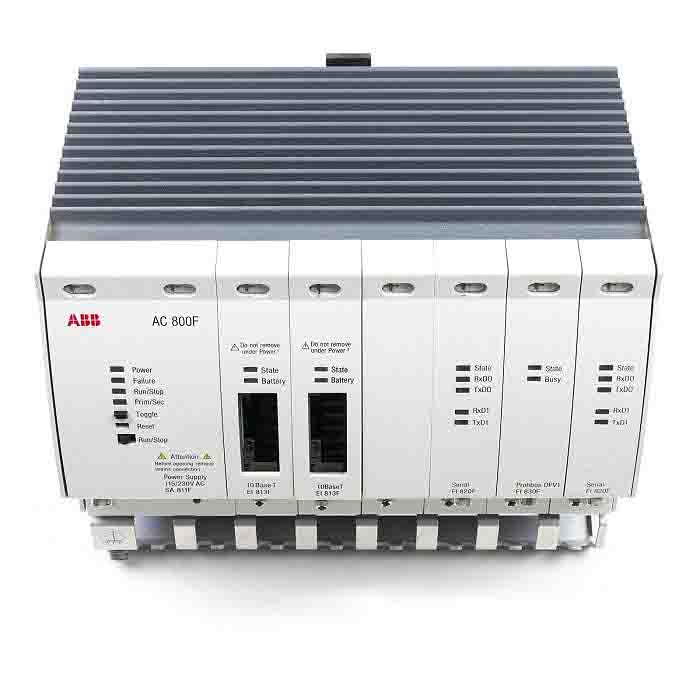
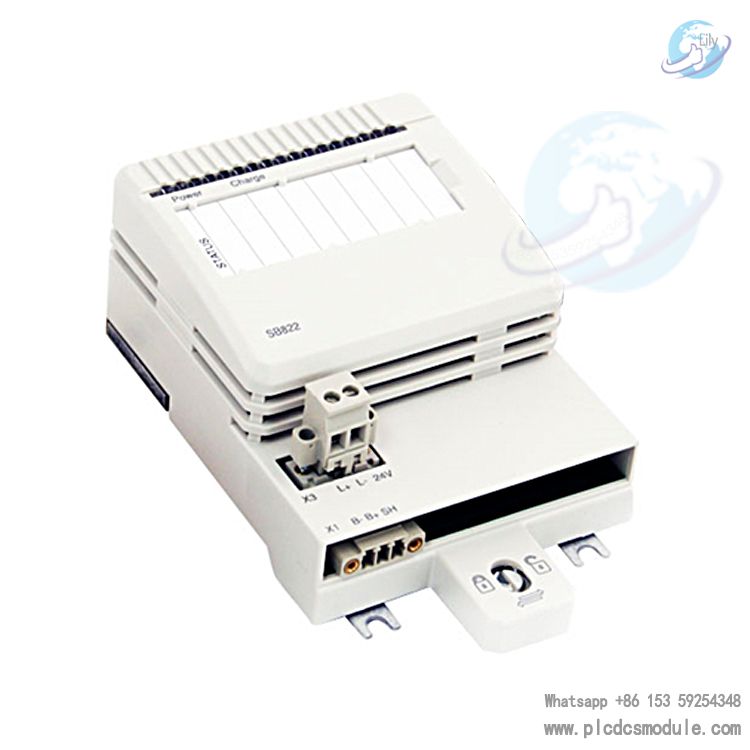
ABB DCS, AC800F module (consider, for instance) acts as process station, which is responsible for acquiring and controlling the data from the process. This unit consists of a power supply along with CPU section, Ethernet section, Profibus section and remote communication interface unit for I/Os interfacing as shown in the figure where first module is AC 800F unit and other one is remote I/O (also called as communication interface module).
Applications
DCSs are used in many industries to oversee and manage complex processes. They offer a flexible and scalable solution, particularly in large-scale operations.
DCS in different sectors:
Process Industries: Process industries involve making, changing, or moving materials continuously. Examples include chemicals, oil and gas, pharmaceuticals, and food and beverages. Precise control of variables like temperature, pressure, flow, and level is crucial for product quality and safety. DCSs are vital in these industries for real-time monitoring, advanced control algorithms, and efficient data management.
Chemical Industry: In the chemical industry, DCSs control processes like mixing, reaction, separation, and purification. Since these processes often deal with hazardous materials, DCSs’ reliability and fault tolerance are crucial for safety. DCSs help optimize production, reduce waste, and minimize energy consumption.
Oil and Gas Industry: In the oil and gas industry, DCSs are used across upstream, midstream, and downstream operations. For upstream tasks like drilling, production, and wellhead control, DCSs ensure efficient management. In midstream operations involving pipeline monitoring, transportation, and storage, DCSs play a vital role. Additionally, in downstream operations encompassing refining, processing, and distribution, DCSs contribute to effective control and monitoring.
Pharmaceutical Industry: In the pharmaceutical industry, distributed control systems are essential for overseeing drug production from synthesis to packaging. These systems closely regulate factors like temperature, humidity, and pressure to maintain high-quality standards and meet regulatory guidelines.
Power Generation: Distributed control systems play an important role in managing power plants, including those using fossil fuels, nuclear energy, and renewables. They ensure safe and efficient electricity production while minimizing environmental impact and operating costs.
Fossil Fuel Power Plants: DCSs are crucial in controlling operations in fossil fuel power plants like coal, natural gas, and oil-fired facilities. They oversee processes such as fuel handling, combustion, and turbine operation, optimizing variables like temperature and pressure to enhance fuel efficiency and reduce maintenance expenses.
Nuclear Power Plants: In nuclear power plants, DCSs manage complex procedures such as nuclear fission and heat transfer to generate electricity. They monitor critical variables like reactor temperature and pressure in real-time while also overseeing safety systems like emergency cooling and radiation protection to ensure plant safety.
Renewable Energy Plants: DCS technology is also applied in renewable energy plants like hydroelectric, solar, and wind power stations.
In hydroelectric facilities, DCSs regulate water flow, turbine function, and generator output.
For solar plants, DCSs manage solar collector operations, inverters, and connections to the grid.
In wind farms, DCSs control turbine operations, including pitch and yaw and monitor individual turbines and the entire wind power operation.
Distributed control systems help renewable energy plants produce maximum energy, improve equipment performance, and lower operating expenses.
Water and Wastewater Treatment: Water and wastewater treatment relies heavily on distributed control systems for critical operations.
Water Treatment: DCSs in water treatment plants oversee processes like coagulation, sedimentation, filtration, and disinfection. Precise control over flow rates, chemical levels, and pressure ensures water safety and quality.
Wastewater Treatment: In wastewater treatment, DCSs handle tasks such as primary and secondary treatment as well as sludge management. These processes remove contaminants from wastewater to meet environmental standards and safeguard ecosystems.
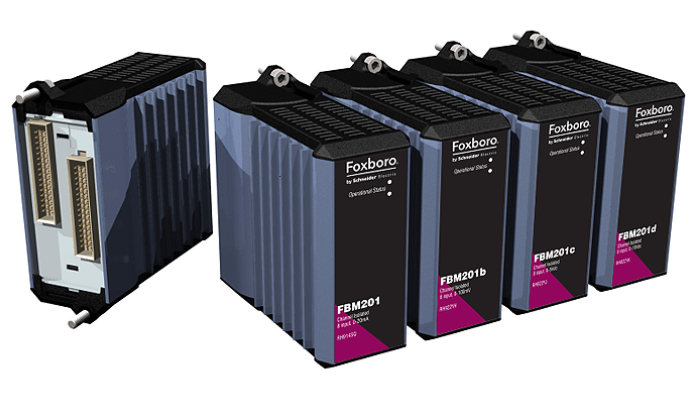
How DCSs are Structured?
Distributed control systems have both software and hardware parts. Using local controllers helps save money. On-site control makes these systems more reliable. Human oversight can manage central control functions and remote options. Each process has its controller with a separate CPU so other processes can continue even if one fails.
The DCS architecture includes:
Engineering workstation: It supervises the entire DCS and helps configure new loops and I/O points.
Operating station: It controls and monitors operations.
Process control unit: This controller handles automatic and compound loop control.
Communication system: It transfers data between stations using protocols like Ethernet and Profibus.
Smart devices: These modern devices replace older I/O technologies.
In DCS setup, sensors collect data sent to an I/O module, then to a process control unit. Smart devices may also send data to the control unit. The data undergoes further processing and analysis to generate an output.
Control logic, a program part, determines operations. Output data is sent to actuator devices via another bus. After commissioning, instruments and control systems are verified and documented. Control logic and implementations are transferred to an engineering station for operators to see and control.
Devices in this process are divided into 5 levels:
Level zero: Field devices like sensors.
Level one: I/O modules and processors.
Level two: Supervisory computers gathering data from processor nodes.
Level three: Production control monitoring.
Level four: Production scheduling.
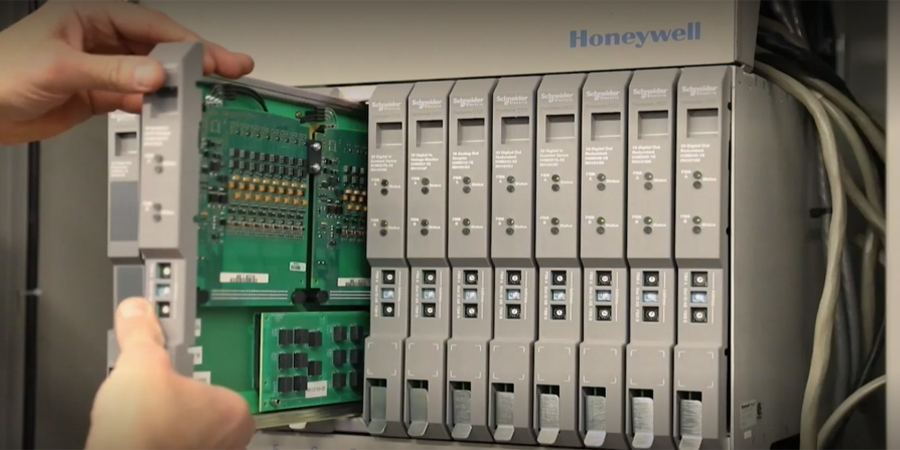
DCS systems supplied from different brands
Some of the available DCS systems include
ABB- Freelance 800F and 800 xA:PM866AK01 3BSE076939R1 Processor Unit module
Yokogawa- Centum CS 3000 and 1000:CP451-10 Processor Module
Honeywell-TDC 3000:51107595-100 Power Supply,CC-PAON01 51410070-175 HART Analog Output Module
Emerson- Delta V Digital Automation:1C31113G01 Analog Input Module
Siemens- Simatic PCS 7:6ES7650-1AA51-2XX0 Analog Output
Allen- Bradley- NetLinx:1753-L32BBBM-8A Industrial Controls
Frequently Asked Questions (FAQs)
What is the main difference between DCS and PLC?
DCS excels in managing large, intricate processes with extensive integration needs. It employs multiple controllers, I/O modules, and communication networks for comprehensive control. PLCs, in contrast, are suited for smaller applications with a single controller handling both logic and I/O devices.
Can DCS and PLC be used together in a single application?
DCS and PLCs can work together. DCS oversees the entire process, while PLCs manage specific tasks or individual equipment. This synergy leverages the strengths of both: DCS’s advanced control and PLC’s simplicity and reliability.
How does DCS integrate with SCADA systems?
DCS integrates with SCADA systems for centralized monitoring and control across numerous facilities or remote locations. This facilitates efficient resource management, quicker response to process disruptions, and enhanced decision-making. SCADA can also gather data from various DCS installations for analysis and optimization.
What are some key benefits of using DCS in industrial applications?
DCS offers several advantages in industrial settings, including:
Enhanced Process Control: Precise control over complex processes.
Real-Time Monitoring: Continuous monitoring of process variables.
Data Management: Effective data collection, storage, and analysis.
System Integration: Seamless integration with other industrial systems.
These benefits translate to improved operational efficiency, reduced energy consumption, and better compliance with regulations, ultimately leading to increased reliability and profitability.




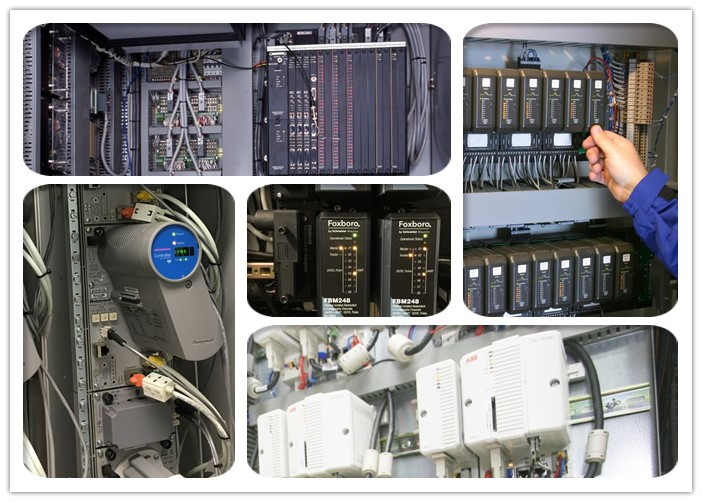


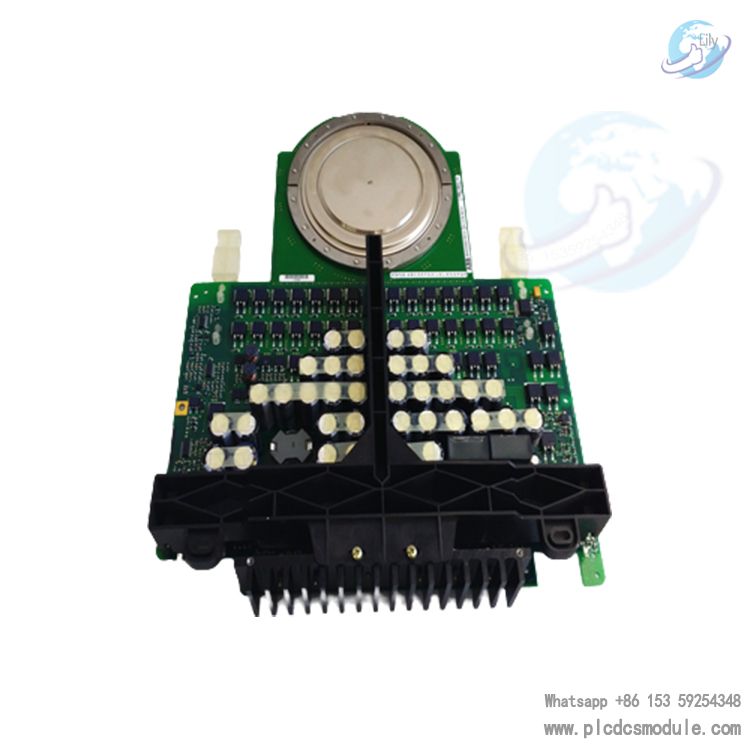
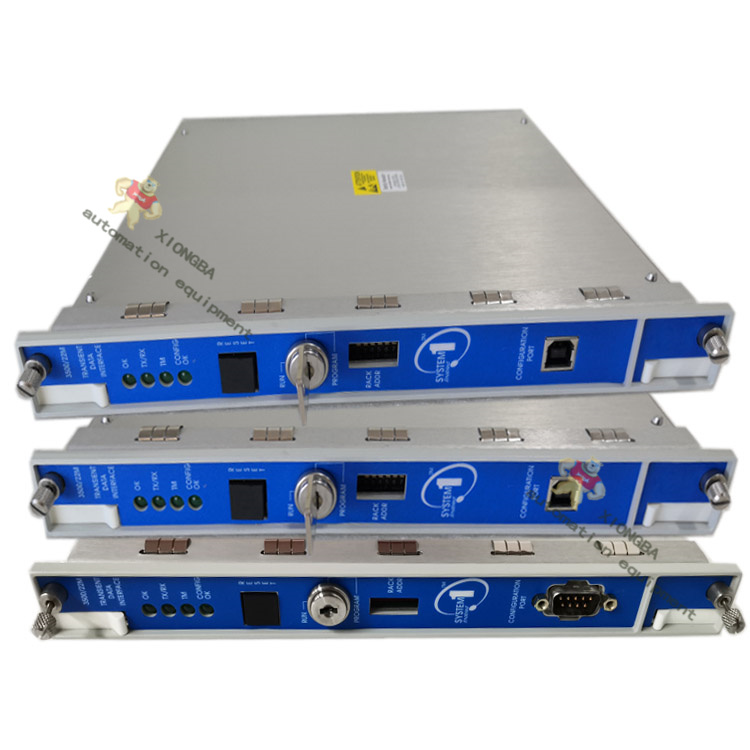
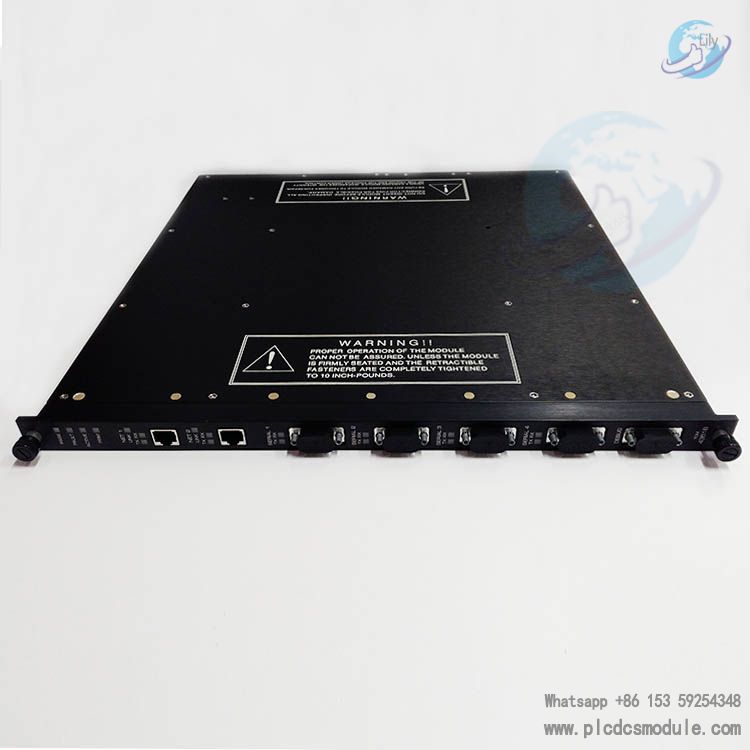
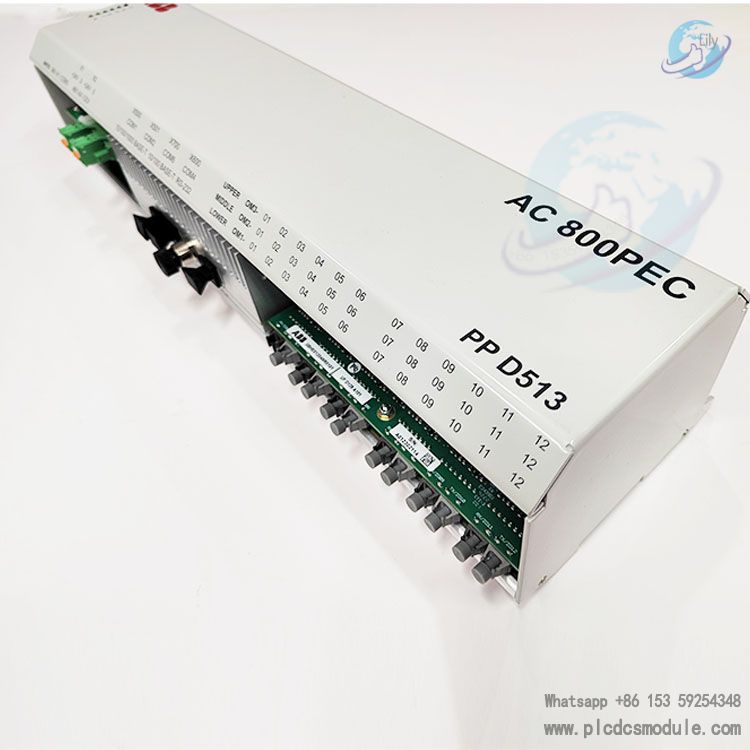
 3005319639
3005319639